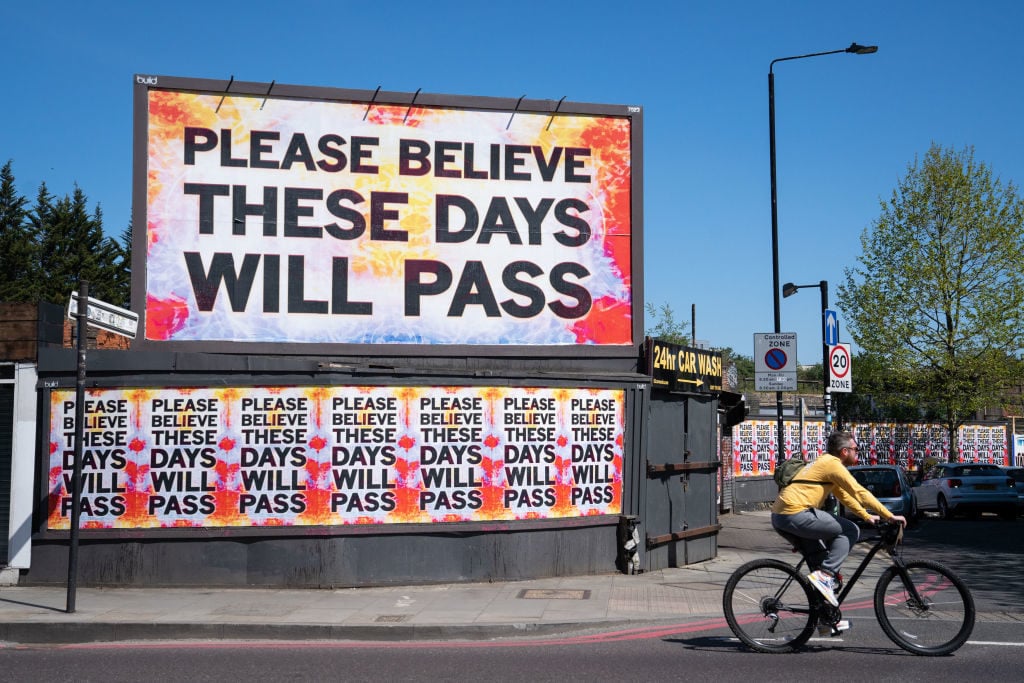Law & Politics
UK Galleries Will Benefit From a Court Ruling Forcing Insurers to Pay Businesses for Losses Incurred During Lockdown
Arts businesses will still likely have to fight to get their claims fully reimbursed.

Arts businesses will still likely have to fight to get their claims fully reimbursed.

Naomi Rea

Art galleries are among the hundreds of thousands of UK businesses that are celebrating after the country’s highest court ruled that insurers must pay out to policyholders for coronavirus-related losses.
The country’s Supreme Court ruled that “business interruption” insurance policies should cover financial setbacks incurred during the ongoing pandemic and enforced lockdowns.
The ruling was handed down on Friday, January 15, when Supreme Court judges dismissed appeals from insurance companies arguing against an earlier court decision that they should honor most claims for losses caused by business interruptions, including clauses for “disease” and “prevention of access.”
The case, which was first brought before the High Court by the UK’s Financial Conduct Authority, and its verdict, will affect some 370,000 businesses, including those from the arts sector, holding 700 types of policies issued by 60 insurers.
“Coronavirus is causing substantial loss and distress to businesses and many are under immense financial strain to stay afloat,” the executive director for Consumers and Competition at the FCA, Sheldon Mills, said in a statement, adding that the judgment “decisively removes many of the roadblocks to claims by policyholders.”
The government body will now be working with insurers to see that they move quickly to pay what is due.
“The ruling means that a number of museums, galleries, dealers, and other art market professionals that have had their business-interruption insurance coverage refused to date, can now progress their claim,” Rudy Capildeo, partner at the law firm Charles Russell Speechlys LLP, tells Artnet News. Capildeo’s firm is currently working on insurance issues with more than 50 organizations in the arts sector on a no win/no fee basis.
But the expert warns that arts businesses are not out of the woods yet, as the ruling did not comment on how the losses suffered should be calculated. “Clients should be very careful when submitting their losses to their brokers or insurers,” Capildeo advises, adding that he has seen insurers behave “incredibly aggressively” towards clients in an effort to reduce the payments they are required to make.
Capildeo, who says his firm is happy to provide some initial free advice to clients, predicts that insurers will “redraw the battle lines” around the losses businesses have suffered and attempt to argue that they are not directly attributable to Covid-19.
“The unfortunate truth is that insurers have not supported museums and arts businesses through this pandemic,” Capildeo says, adding that the ten month delay in reaching the decision has come too late for a number of organizations.
None of the firm’s gallery and museum clients wanted to speak to Artnet News about their insurers out of fear that it might impact the progress of their claims or reveal to the market their need to rely on insurance cover to keep their business going. Capildeo did say, however, that the clients that have already received payouts have commented that they have been a “critical lifeline” during this period.